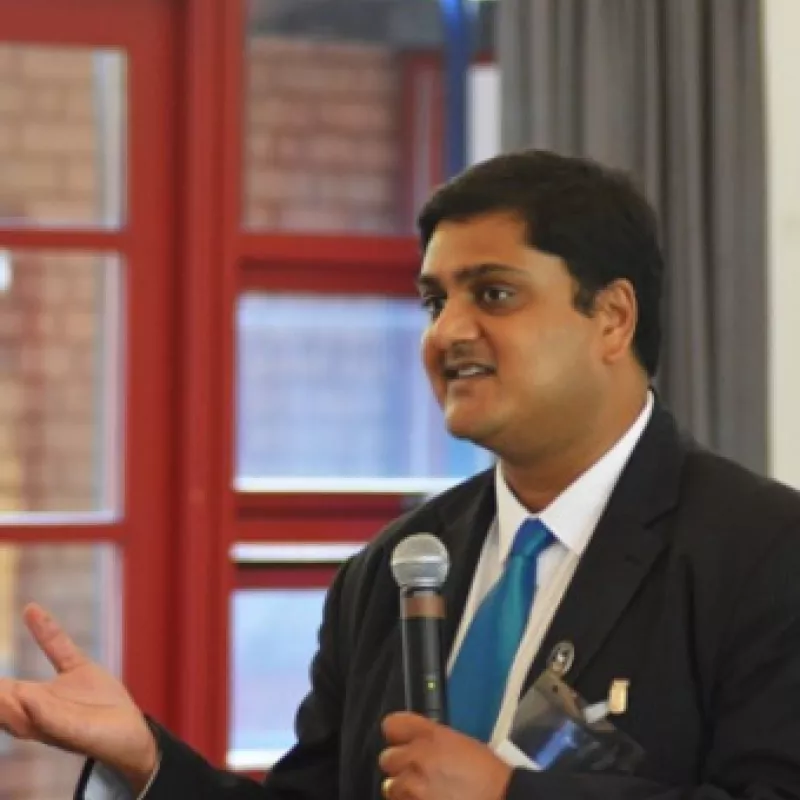Professor Shumone Ray
-
Role
Director of Research in Food Security, Health and Society, School of Humanities and Social Sciences, University of Cambridge.
Professor Sumantra (Shumone) Ray is a Licensed Medical Doctor as well as a Registered Nutritionist (Public Health), with special interests in Nutrition Education in Health Systems, Cardiovascular Disease Prevention and Global Challenges. Since 2008 he has been Founding Chair and Executive Director of the NNEdPro Global Institute for Food, Nutrition and Health, headquartered in Cambridge and working across twelve regional networks across six continents including a highly active Indian contingent.
In 2018 he became the Co-Founder and Chair of BMJ Nutrition, Prevention and Health. Shumone is a Bye-Fellow of Fitzwilliam College at the University of Cambridge, and, additionally, holds Visiting Professorships in Imperial College London School of Public Health, Ulster University Schools of Medicine and Biomedical Sciences as well as further afield in Wollongong Australia. He is also being Honorary International Dean for the Lord Rana Foundation Charitable Trust’s Cordia Colleges in Punjab, India.
Within the University of Cambridge TIGR2ESS initiative, Shumone is Co-Lead of Flagship Project 6 seeking to Impact Wellbeing in Rural and Urban Communities by exploring the relationships between education and empowerment, lives and livelihoods, better food and nutrition leading to improved health and economic outcomes. FP6 evaluates theories of change spanning the assessment of needs through to piloting innovative intervention models.
Led by Shumone, FP6 and the NNEdPro Global Institute have developed and adapted the multi-award-winning ‘Mobile Teaching Kitchen’ or MTK intervention for use in both urban and rural settings in India, and this has been adapted for Mexico, the USA, the UK and further afield. MTKs can become a self-sustaining community-led cornerstone for nutrition education in marginalised populations and settings with very limited resources.
For further details on Shumone’s work please see his detailed profile here.

